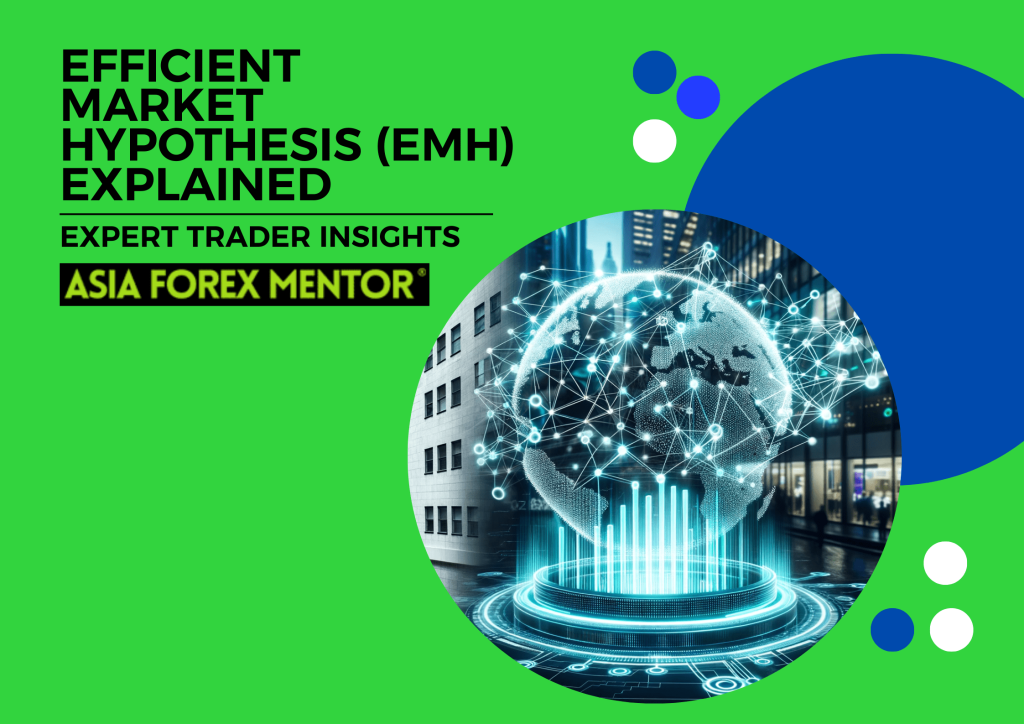
The Efficient Market Hypothesis (EMH) shapes the investment landscape by stating that all available information is already reflected in market prices. This concept significantly influences trading strategies and the creation of investment products like index funds and exchange-traded funds (ETFs).
Understanding EMH is critical for making informed decisions in financial markets, including Forex and stock markets. Your belief in EMH can lead you to adopt either a passive strategy that mirrors a benchmark index or an active approach that aims to exploit market inefficiencies.
What is the Efficient Market Hypothesis?

The Efficient Market Hypothesis (EMH) is a financial theory that states stock prices absorb all available data, from company news to economic indicators. In an efficient market, the asset’s price will always reflect its fair market value, rendering it impossible to buy undervalued stocks or sell stocks at inflated prices.
Because of EMH, both individual and professional investors find it difficult to consistently outperform the market average. This has led to the rise of passive investment strategies that aim to mimic market indices, as opposed to active strategies that attempt to beat the market through analysis and timing.
Also Read: How Investor Emotions and How it Affects the Stock Market
Types of Market Efficiency
Weak Form Efficiency
In a weak form efficient market, historical data and past prices have already been incorporated into current stock prices. This makes technical analysis, a method relying on past market performance, ineffective for predicting future prices. Investors in such a market may therefore lean more towards fundamental analysis or a random walk approach to make their investment decisions.
Because weak form efficiency dismisses the utility of past performance, it challenges the practices of traders who rely heavily on charts and market trends. This makes it a controversial yet important concept to understand for anyone involved in financial markets, from day traders to long-term investors.
Semi-Strong Form Efficiency
Semi-strong form efficiency takes it a step further by stating that all publicly available information is already reflected in stock prices. This includes company news, earnings announcements, and economic indicators. As a result, not just technical but also fundamental analysis becomes ineffective for gaining an investment edge.
The implications for market participants are significant. In a semi-strong form efficient market, even if you have access to all news articles, financial statements, and other public data, you still can’t consistently outperform the market. This theory thereby fuels the debate between active and passive investment strategies.
Strong Form Efficiency
In a strong form efficient market, stock prices are influenced by all information, public and hidden. This includes insider information, making even insider trading incapable of providing a consistent advantage. All data, no matter how confidential, is assumed to be factored into the asset prices.
This extreme form of market efficiency is often considered an ideal rather than a reality. Legal restrictions often prevent insider information from being public, although the theory suggests even insiders can’t make consistent gains. Thus, strong form efficiency remains more of a theoretical concept but serves as a useful benchmark for how informationally efficient a market is.
Market Participants and Investment Strategies

According to the Efficient Market Hypothesis (EMH), market participants—ranging from individual investors to top fund managers—shouldn’t be able to consistently outperform the market average. This view is largely backed by empirical work, which shows that most actively managed funds do not beat the performance of index funds over a long period.
However, critics of EMH point to market inefficiencies like asset bubbles and anomalies that contradict the theory. These critics argue that opportunities for higher returns exist, especially in emerging markets or during times of market instability. This keeps the door open for active strategies aimed at exploiting these inefficiencies.
Technical Analysis and Fundamental Analysis
In an informationally efficient market, both technical analysis and fundamental analysis lose their advantage. Technical analysis, which relies on historical data and chart patterns, and fundamental analysis, which focuses on a company’s financials and industry trends, are deemed ineffective for beating the market.
The perceived limitations of these analytical methods have led to the rising popularity of exchange-traded funds (ETFs) and index funds. These investment vehicles are designed to mimic market averages or track a benchmark index, offering a passive but effective investment strategy for those who believe in market efficiency.
Active vs. Passive Investing
Active management involves fund managers actively buying and selling stocks to gain an edge over the market. The aim is to buy undervalued stocks and sell overvalued stocks to achieve better than market return. Despite these efforts, most actively managed funds fail to consistently outperform their benchmark indices.
On the flip side, passive investing involves holding a diversified portfolio that aims to mirror a specific benchmark index. This strategy has gained traction because it often matches or even outperforms active managers at a lower cost. In an efficient market, the low-cost nature and broad diversification of passive strategies like index funds make them a compelling option for many investors.
Also Read: The Market Structure in Forex
Arguments Against EMH

Market Inefficiencies and Anomalies
Critics of the Efficient Market Theory argue that market inefficiencies such as asset bubbles, and anomalies related to greater risk, stand in contradiction to the concept of perfectly efficient markets. They point to other asset classes, emerging markets, and even Wall Street as evidence of areas where market efficiency breaks down.
These critics suggest that these inefficiencies and anomalies provide opportunities for investors to exploit and gain higher-than-average returns. They challenge the notion that all information is fully reflected in asset prices, questioning the completeness of the efficient markets hypothesis.
Professional vs. Individual Investors
While the average investor may struggle to beat market returns, some professional investors and investment companies have shown the ability to consistently outperform the market. These outliers often use unique investment strategies and market timing techniques to achieve their results.
This leads to the debate about whether these professionals are truly skillful or merely lucky. If skill is a significant factor, then the existence of consistently successful professional investors would challenge the notion that markets are completely efficient, thereby providing a counterpoint to EMH.
Trading Costs and Financial Industry Impact

Trading costs, such as commissions and spreads, can significantly impact the returns of active investors. These costs make it even more challenging to consistently outperform low-cost index funds. This reality casts further doubt on the ability of active strategies to beat the market, which aligns with the principles of the Efficient Market Hypothesis (EMH).
In the broader financial industry, including Wall Street and investment companies, the implications of EMH are a subject of ongoing debate. Many firms offer actively managed products promising better returns, but these claims often conflict with the EMH, especially when considering the impact of trading costs and the difficulties of successful market timing. The tension between EMH and the commercial interests of the financial industry creates a complex landscape for investors to navigate.
Empirical Evidence and Modern Finance
Empirical research in financial economics generally lends some support to the Efficient Market Hypothesis (EMH). Studies often show that most active fund managers and traders fail to consistently outperform market averages over the long term. However, there are deviations and anomalies that are not fully explained by traditional EMH models.
Modern financial theory is evolving to address these gaps by incorporating behavioral economics and psychology into the understanding of security prices and market behavior. This more nuanced approach considers investor biases, herd behavior, and other non-rational factors that may affect asset prices and create potential market inefficiencies. It’s a way of blending traditional market theories with the complexities of human behavior to arrive at a more complete understanding of market efficiency.
Conclusion
The Efficient Market Hypothesis (EMH) is a foundational concept that every investor, trader, or market participant should understand, whether they are involved in Forex trading, stock markets, or assessing investment performance. It offers a framework for understanding how information affects asset prices and helps to set expectations for what kinds of returns can be realistically achieved.
While EMH is not without its critics, it remains a cornerstone in economic theory and has significantly influenced modern finance. Even as new models emerge to account for market anomalies and investor behavior, EMH provides a baseline for evaluating market efficiency and shaping investment strategies. It continues to be a topic of study, debate, and evolution in financial circles.
Also Read: What is Mark-To-Market in Forex?
FAQs
Does EMH negate the usefulness of technical analysis?
Yes, in an efficient market, technical analysis, which uses past prices, would not provide an advantage for predicting future prices.
Are index funds better than actively managed funds according to EMH?
Yes, EMH suggests that index funds, which aim to match market averages, often outperform actively managed funds over the long term.
Do asset bubbles disprove EMH?
Not necessarily, but they do challenge the idea of market efficiency. EMH critics argue that asset bubbles indicate market inefficiencies where prices do not reflect fair market value.



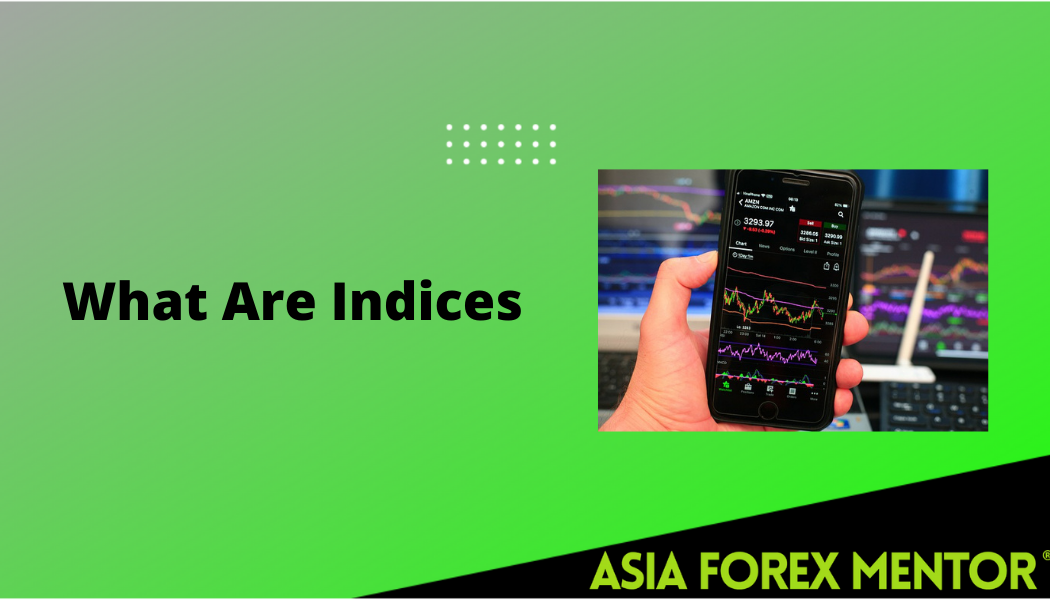
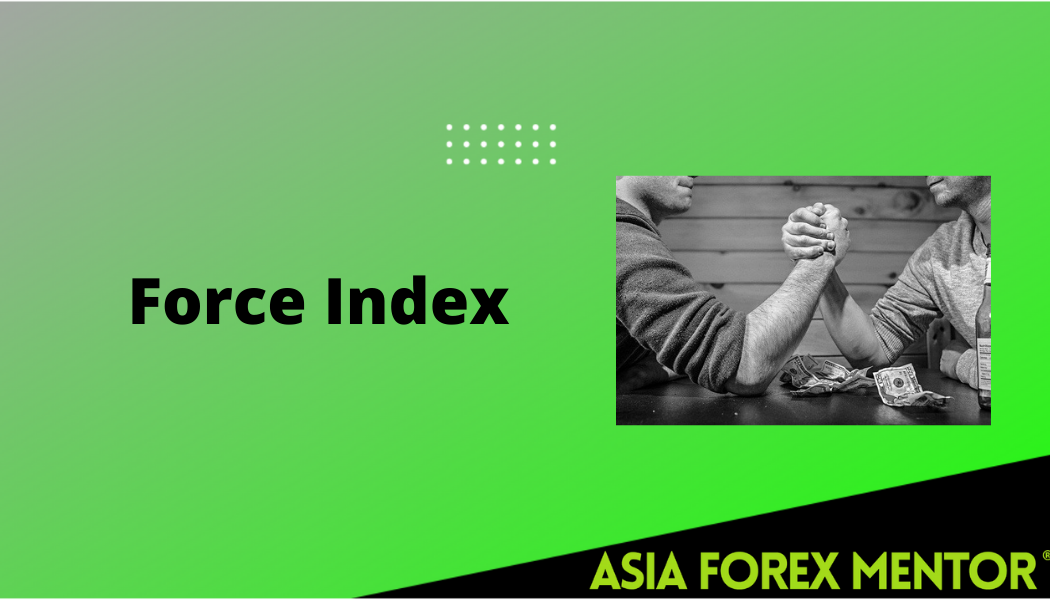

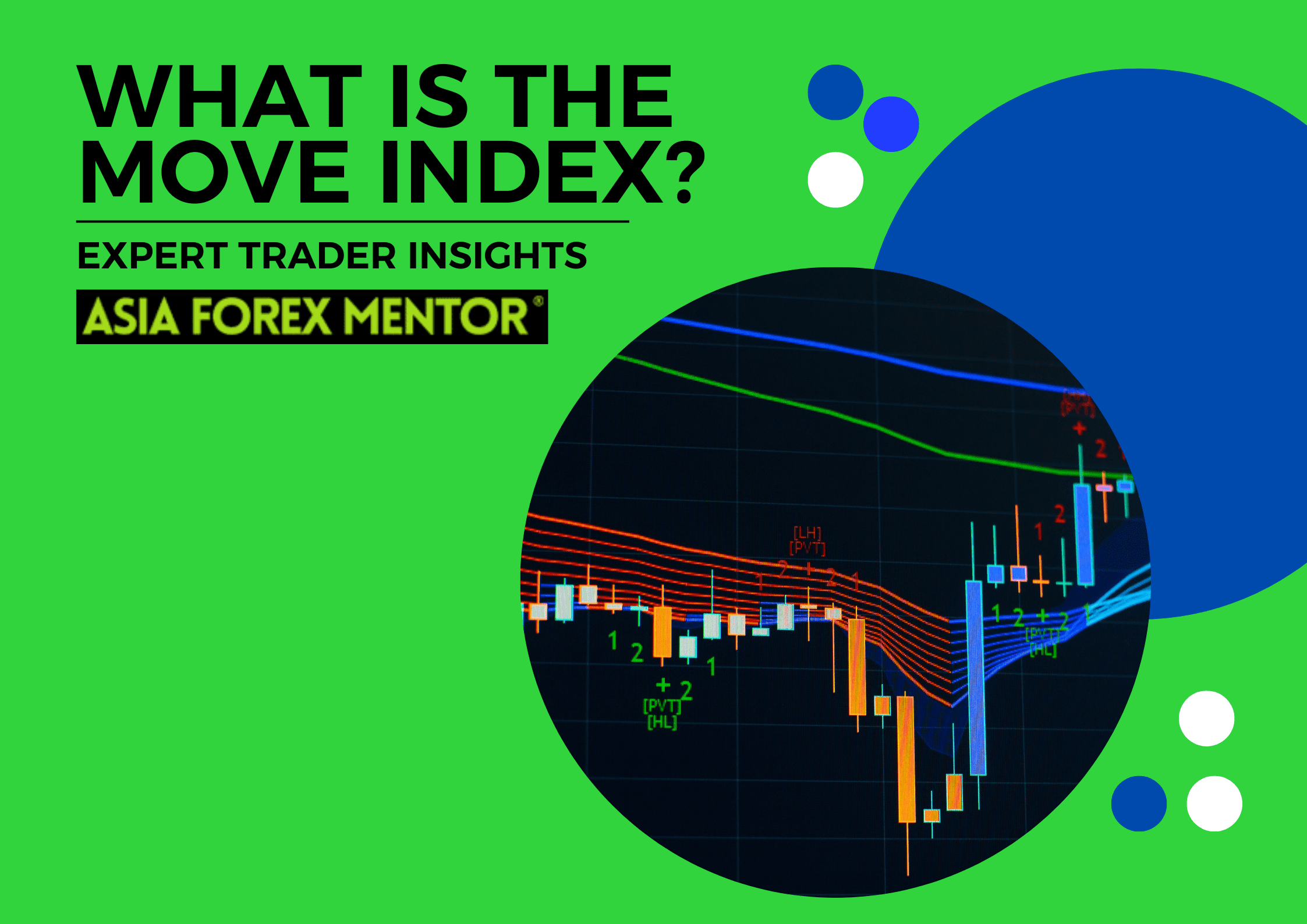
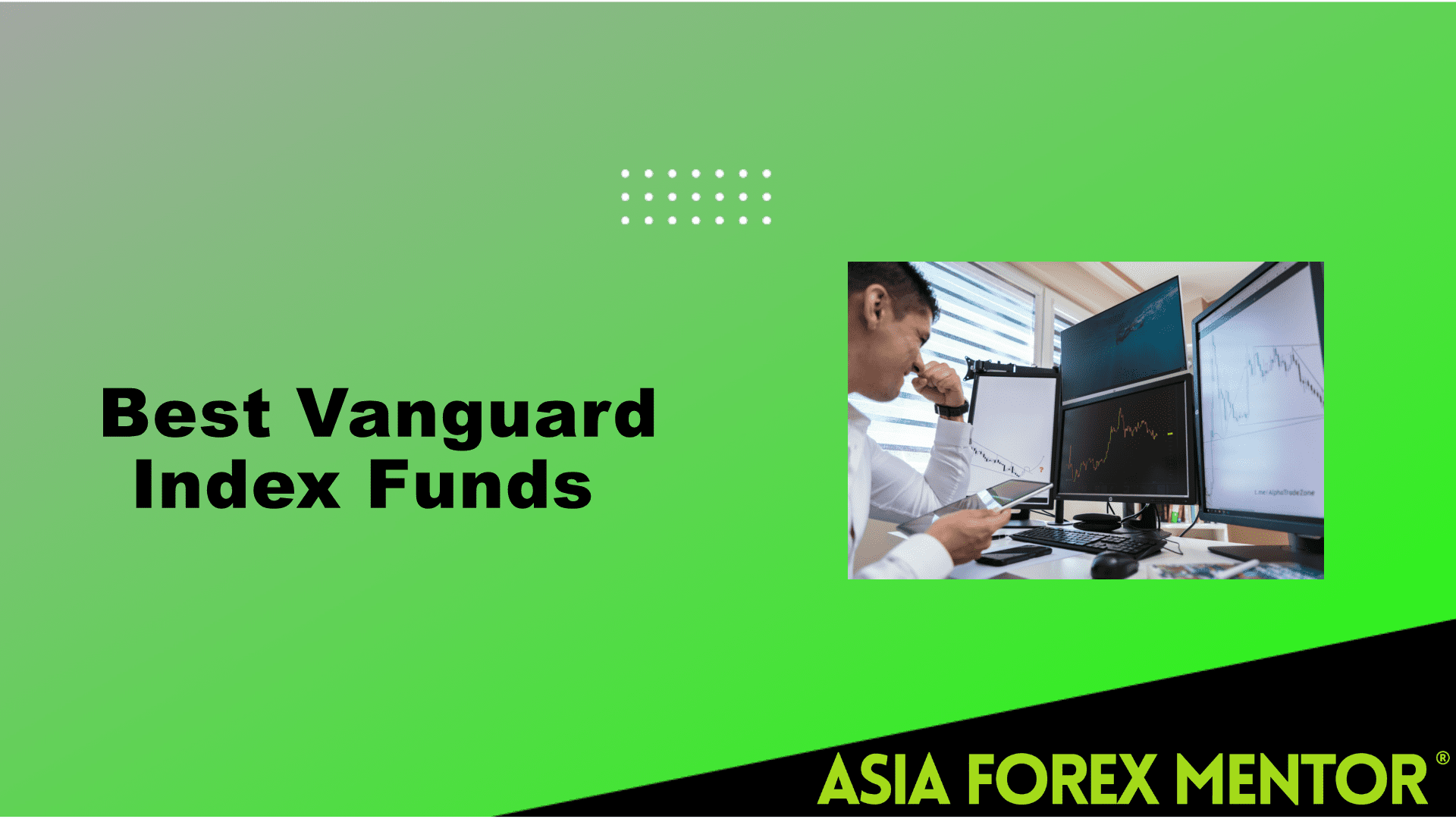



I almost lost my investment capital and profits trading online, they wouldn’t process my withdrawal request . All efforts to reach out to their customer support desk had declined, I found it very hard to move on. God so kind I followed a broadcast that teaches on how scammed victims can recover their fund through the help of Gavin ray a recovery specialist, I contacted his email provided for consultation, I got feedback after some hours and I was asked to provide all legal details concerning my investment, I did exactly what they instructed me to do without delay, to my greatest surprise I was able to recover my money back including my profit which my capital generated. I said I will not hold this to myself but share it to the public so that all scammed victims can get their funds back. Contact his mail: gavinray78 @ gmail com or WhatsApp + 1 352 322 2096.